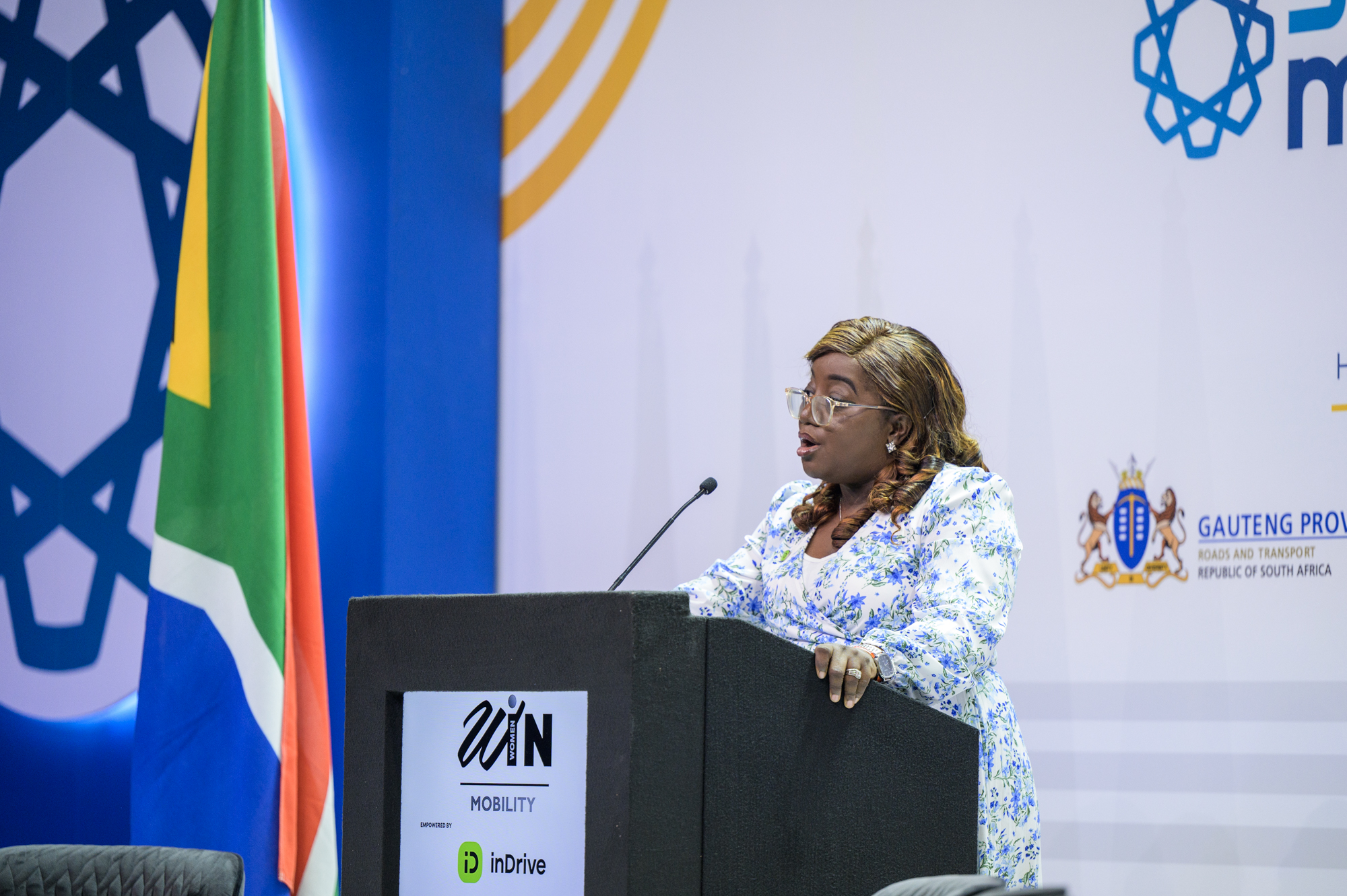GadgetWheels
Women in mobility: catalyst for change
Women have a key role to play in shaping the automotive sector, writes MARY-ANNE MOMOH-IGE, government relations manager at inDrive in Africa.
In recent years, the mobility sector has seen significant growth, innovation, and expansion, yet it remains a challenging space for women. As women leaders and professionals in this field, we must navigate complex issues that range from gender bias and pay disparities to the lack of mentorship opportunities and work-life balance struggles. But amid these challenges lie powerful opportunities to redefine the industry and create a more inclusive, diverse, and empowering environment for women.
Challenges and Opportunities for Women in Mobility
Gender bias in the mobility sector often limits women to traditional roles, restricting opportunities for leadership and growth. In many cases, women are overlooked for roles that require operational and technical expertise, even as they demonstrate competence and capability. Additionally, the scarcity of female mentors means that emerging women professionals often struggle to find the guidance and advocacy needed to advance into leadership roles. As a result, future generations of women in mobility lack accessible role models who can inspire and support their aspirations.
However, these challenges are not without their silver linings. They present a unique chance to advocate for systemic change that enhances diversity and inclusion in the workplace. By addressing gender disparities and promoting inclusive practices, we can foster a more equitable industry where women feel empowered to lead, innovate, and break new ground. For instance, women who achieve leadership roles can leverage their influence to support others, creating a ripple effect that empowers future female leaders.
The Importance of Mentorship
Mentorship plays a vital role in advancing women’s careers, particularly in fields like mobility, where male-dominated leadership remains prevalent. Mentors provide more than just career advice; they open doors to influential networks, offer insights into industry dynamics, and guide mentees in navigating organizational politics. Mentorship also bridges the confidence gap by helping women believe in their abilities and providing a safe space to discuss aspirations and setbacks.
For women who have made strides in the mobility sector, mentorship is an opportunity to give back and uplift others. By actively engaging in mentorship, we ensure that the doors to opportunity are not just open but held wide for the next wave of women leaders. This cycle of support can gradually dismantle the barriers that have long hindered women’s progress and create a robust pipeline of talent ready to take on leadership roles.
Building a Future of Equality and Diversity
At recent industry events, such as the Women in Mobility Breakfast, it has been heartening to see increased efforts to empower women through networking and support initiatives. These gatherings not only offer platforms for shared learning and connection but also amplify the visibility of women in a sector where their contributions often go unrecognized. Sponsoring such events reflects a broader commitment to championing women’s success, whether through celebrating female entrepreneurs, advocating for gender equity in tech, or fostering an inclusive culture that values diversity.
A powerful example of such commitment is the Aurora Tech Awards, an initiative that celebrates female founders of early-stage tech startups. By bridging the funding gap and encouraging innovation, these awards empower women entrepreneurs to thrive in a competitive landscape, underscoring the importance of providing tangible support for women to succeed.
Embracing the New Urban Era
Looking forward, the New Urban Era holds exciting prospects for the mobility industry and the role of women within it. With advancements in technology and a growing emphasis on sustainability, women in mobility have the potential to influence a significant transformation in urban landscapes. The push towards fair, greener transportation options, like electric vehicles, presents an opportunity for women to champion sustainable practices that prioritize environmental responsibility.
Ultimately, this era represents more than just technological progress—it signifies a chance to redefine mobility with a focus on social equity and inclusivity. By fostering an industry culture that values diverse perspectives and equitable opportunities, we can create a future where the mobility sector not only serves its users but also champions the well-being of its workforce, particularly the women who are pivotal to its success.
Women in mobility are more than just participants; we are catalysts for change. As we continue to navigate and shape this sector, we must remain committed to creating an environment that nurtures talent, celebrates diversity, and promotes gender equality. Together, we can transform mobility into an industry that truly empowers everyone, driving forward not only in technology and innovation but in equity and inclusivity.














